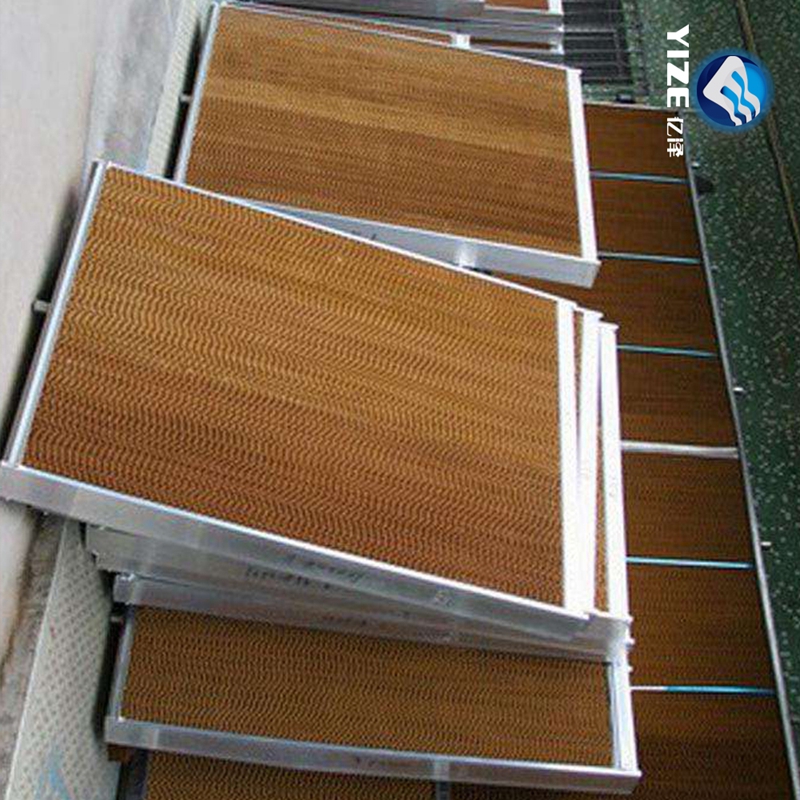Top Suppliers for Poultry Cages Suitable for Every Farm Size and Budget
Dec . 06, 2024 11:09 Back to list
Top Suppliers for Poultry Cages Suitable for Every Farm Size and Budget
The Rise of Poultry Cages Suppliers Enhancing Poultry Farming Efficiency
In the modern era of agriculture, poultry farming has evolved dramatically, driven by advancements in technology and a growing need for sustainable farming practices. Central to this evolution is the role of poultry cages suppliers, who provide essential infrastructure for breeders and farmers. This article explores the significance of poultry cages, the benefits they offer, and the factors to consider when selecting a reliable supplier.
Poultry cages are specialized housing systems designed for raising chickens, ducks, and other poultry. They are primarily used to improve the efficiency of production by offering a controlled environment where birds can thrive. Properly designed cages can lead to better health among the flock, increased egg production, and optimized feed consumption. As the demand for poultry products continues to rise globally, the importance of a reliable cage system becomes paramount.
One of the major advantages of poultry cages is that they significantly enhance biosecurity measures. In enclosed spaces, the risk of disease transmission is minimized. Cages can be designed to facilitate easy movement and cleaning, reducing the chances of pathogen spread. Suppliers often provide cages that incorporate materials and designs resistant to wear and tear, ensuring longevity and maintenance ease. This focus on durability and sanitary conditions helps farmers sustain healthier flocks over time.
Moreover, using poultry cages can lead to improved production rates. Caged breeding provides birds with a consistent environment, ensuring they receive adequate food, water, and light. Research indicates that hens raised in cages often produce more eggs than those in free-range systems. This productivity is essential for meeting the increasing food demands of a growing population. As poultry farming becomes more competitive, higher production rates are crucial for farmers to maintain profitability.
Another significant benefit of poultry cages is their contribution to space efficiency. Poultry farms are often limited by land availability; therefore, high-rise cage systems can optimize the use of vertical space. By stacking cages, farmers can house more birds in a smaller footprint, allowing for more intensive production without expanding land use. This concept aligns with sustainable farming practices, helping to minimize the environmental impact of poultry production.
poultry cages suppliers

When selecting a poultry cage supplier, several factors must be considered. First, reliability and reputation are critical. Farmers should seek suppliers with a proven track record in the industry. Online reviews, testimonials from other farmers, and industry references can provide insights into a supplier’s reliability. A reputable supplier will not only provide high-quality cages but also offer support, including installation guidance and maintenance services.
Additionally, the quality of materials used in the production of cages is crucial. Cages should be constructed from sturdy, corrosion-resistant materials to ensure durability. Quality suppliers often provide cages that are evaluated against stringent industry standards, ensuring they can withstand the rigors of daily farming operations.
Price is another important consideration, but it should not be the sole determining factor. While it might be tempting to opt for the cheapest solution, investing in high-quality cages can lead to long-term savings through reduced maintenance costs and improved flock productivity. A dependable supplier will offer reasonable pricing while emphasizing the value of their products.
Innovation in design is also a vital aspect to consider. As technology progresses, so do cage designs. Modern poultry cages often incorporate features such as integrated feeding and watering systems, climate control, and waste management solutions. Farmers should look for suppliers who stay at the forefront of these innovations, ensuring their operations remain competitive.
In conclusion, poultry cages suppliers play a crucial role in the efficiency and productivity of poultry farming. The benefits of using well-designed cages are numerous, including enhanced biosecurity, improved production rates, and optimized space usage. When choosing a supplier, farmers must prioritize reliability, quality, and innovation to ensure they invest in solutions that will support their operations for years to come. As the poultry industry continues to grow and evolve, the contributions of poultry cages and their suppliers will be invaluable.
-
Automatic Feeding Line System-Pan Feeder Nipple Drinker|Anping County Yize Metal Products Co., Ltd.
NewsJul.29,2025
-
Hot Sale 24 & 18 Door Rabbit Cages - Premium Breeding Solutions
NewsJul.25,2025
-
Automatic Feeding Line System Pan Feeder Nipple Drinker - Anping County Yize Metal Products Co., Ltd.
NewsJul.21,2025
-
Automatic Feeding Line System Pan Feeder Nipple Drinker - Anping County Yize Metal Products Co., Ltd.
NewsJul.21,2025
-
Automatic Feeding Line System - Anping Yize | Precision & Nipple
NewsJul.21,2025
-
Automatic Feeding Line System - Anping Yize | Precision & Nipple
NewsJul.21,2025






